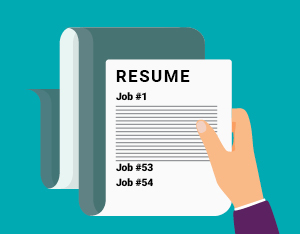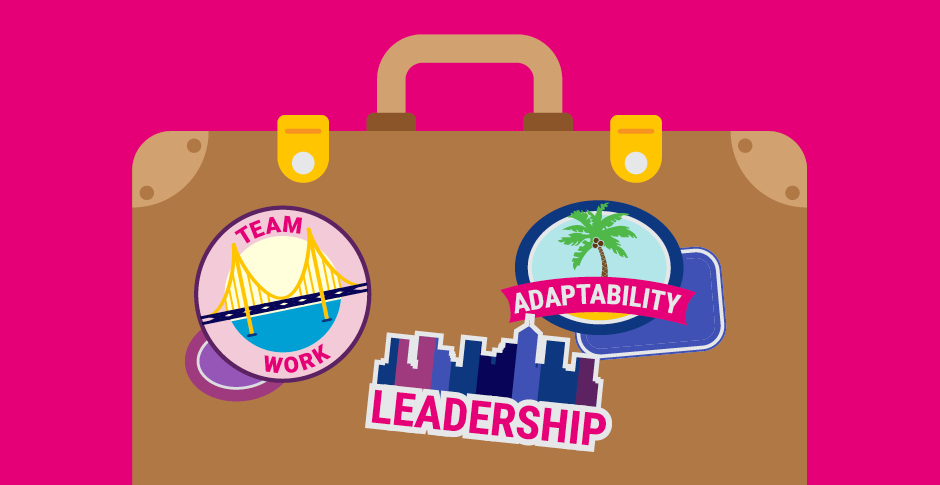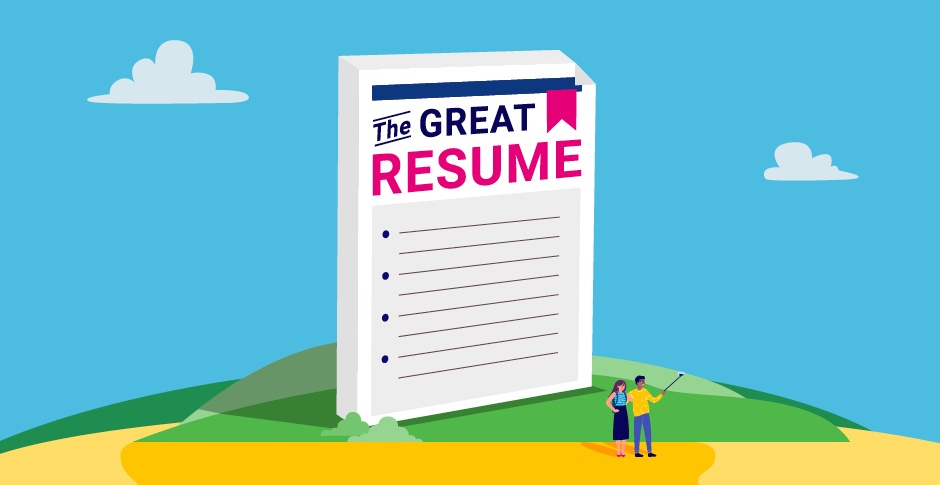Should your resume and SEEK Profile show your stints as a part-time shop assistant, children’s party clown or kitchen hand? The short answer is, no. Here’s your guide on what to include and what to exclude when it comes to job titles.
If you’re in a middle or senior role says Randstad’s Penni Hlaca, your employer-to-be doesn’t need to know that you rolled ice creams after school, as she did.
Adding irrelevant roles simply makes your resume longer and increases the chances that a potential employer could lose concentration.
There are however three exceptions to the rule on whether you should include your summer stint at an ice-cream store on your resume:
- You’re a passionate ice-cream connoisseur looking to pursue a career in the world of frozen treats. In which case, being able to illustrate that your passion for ice-cream started at a young age would work in your favour.
- You’re new to the workforce and you want to show that you’re motivated and have newly developed skills.
- There are particular skills you developed in a role that can be transferred into the new role you’re looking for.
In all other cases, excess jobs can be taken out whilst still being truthful, says Hlaca. The rule of thumb is to go into detail for your last three jobs only. Previous roles just need to be listed in brief with names of employers, dates of employment and role title.
- Massage that job hopping. If you change jobs more often than most, explain the moves in your resume and SEEK Profile, says Hlaca. “It was a contract role.” “I was made redundant.” “I left to travel overseas.” There is often a very good reason why you’ve stayed for just a short time and it’s a good idea to highlight this.
- Mind the gap. If there are gaps in your CV explain them. “I travelled overseas.” “I was on maternity leave.” If you were simply looking for a job for two years is there contract work or volunteer jobs you could highlight, says Hlaca. But be honest because your resume will be checked.
- Highlight relevant content. Highlight one earlier role if it is really relevant to the job you’re applying for. If, for example in the job ad it states “meet budgets and targets” and you gained these skills in a role earlier in your career, highlight it
- Emphasise your skills. If you’ve gained sought-after skills from lots of jobs then write a skills-based CV. Instead of using your past employment as the main headings, single out skills and explain in the text the roles these skills were developed in. Tip: don’t try to hide your employment history. Just slot it in less prominently.
- Format your resume carefully. Place the emphasis on what you want to catch the recruiter or employer’s eye with. Don’t be too fancy, but draw their attention to the positive.



